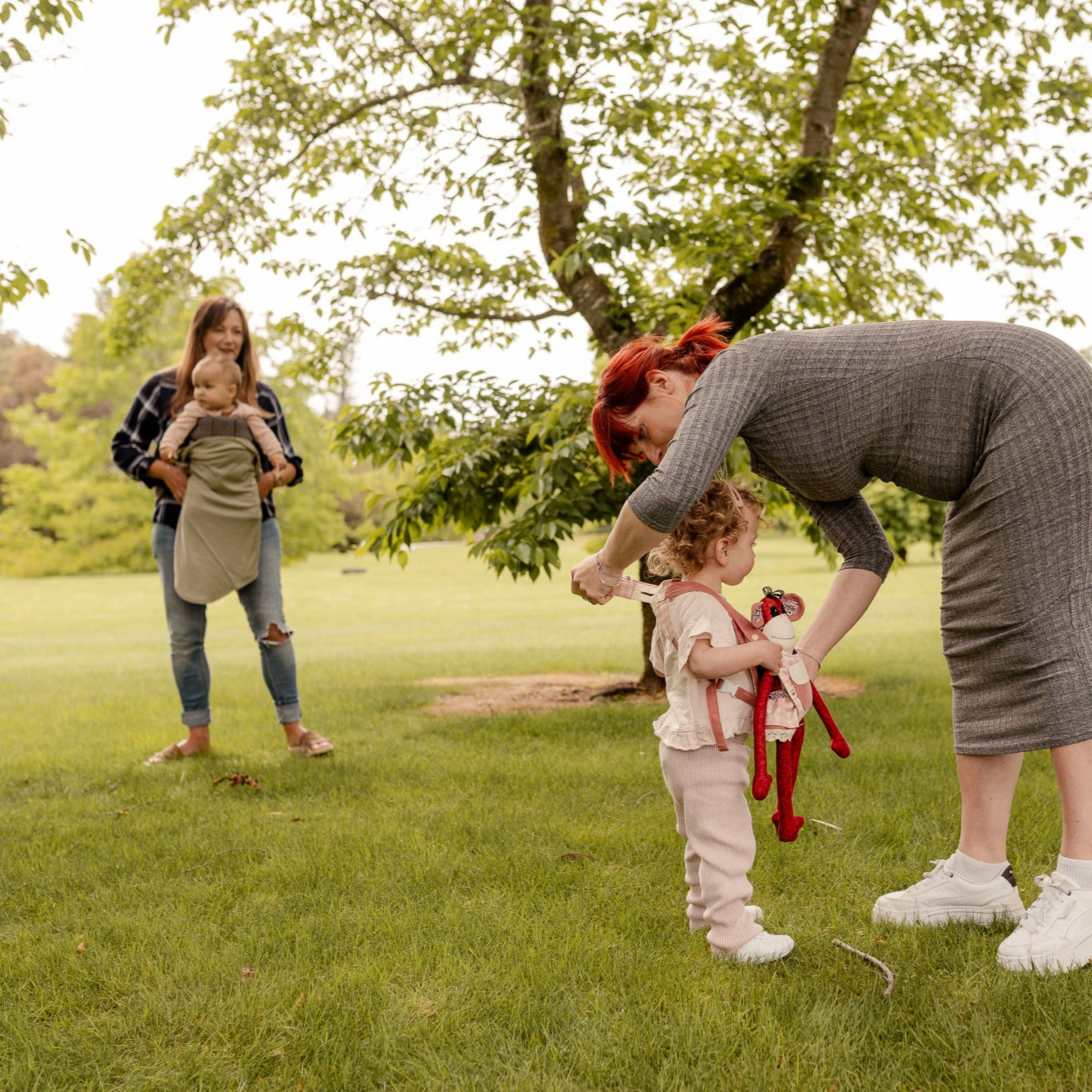
Purpose in Retirement
The transition to retirement represents one of life's most significant identity shifts. After decades of work-defined identity and structured days, many retirees struggle to find meaning and purpose. For grandparents, particularly those separated from grandchildren by distance, active grandparenting can provide exactly the sense of purpose that research shows is critical for wellbeing in later life.
Dr. Viktor Frankl, Holocaust survivor and author of Man's Search for Meaning, argued that humans require purpose to thrive psychologically. His work established that people who maintain a sense of purpose show greater resilience in the face of adversity, better mental health, and even improved physical health. Subsequent research has consistently validated these findings, particularly for older adults.
A landmark study from Rush University Medical Center followed more than 1,200 older adults for seven years and found that those with a strong sense of purpose were 2.4 times more likely to remain free of Alzheimer's disease compared to those with low purpose scores. The effect was so pronounced that it persisted even after accounting for other risk factors including education, cardiovascular health, and depression.
Professor Marie Kondo, whilst known primarily for organising methods, touches on something relevant in The Life-Changing Magic of Tidying Up when she discusses keeping items that "spark joy." For many retirees, grandchildren are the ultimate joy-sparkers—they provide reason to learn new things, stay current, plan ahead, and engage with life actively rather than passively.
The psychological benefits of purposeful grandparenting are well documented. Research published in Psychology and Ageing found that grandparents who viewed their grandparenting role as central to their identity reported higher life satisfaction, lower depression rates, and better self-rated health than those who saw grandparenting as peripheral. Importantly, this sense of centrality was based on emotional investment rather than frequency of contact—distance didn't diminish purpose if the grandparent remained intentionally engaged.
Dr. Carol Ryff, director of the Institute on Ageing at the University of Wisconsin-Madison, has developed a comprehensive model of psychological wellbeing that includes six key dimensions: self-acceptance, positive relations with others, autonomy, environmental mastery, purpose in life, and personal growth. Active grandparenting—even from a distance—can support all six dimensions. It provides purpose, maintains important relationships, encourages continued growth and learning, and creates opportunities for environmental mastery through successful connection strategies.
Author and mythologist Joseph Campbell famously advised people to "follow your bliss." For many grandparents, grandchildren represent a profound source of bliss—watching them grow, contributing to their development, passing on wisdom and stories. Remote grandparenting requires intentionality to maintain this connection, but that very intentionality can deepen the sense of purpose. A grandparent who commits to weekly letters, birthday traditions, or regular video story times is actively choosing and creating purpose.
The contrast with purposelessness is stark. Research on retirement depression shows that loss of role and identity contributes significantly to post-retirement mental health challenges. For grandparents who allow distance to erode their connection with grandchildren, the loss compounds—they lose both the work identity and the grandparent identity simultaneously. Conversely, grandparents who embrace active, intentional remote grandparenting often report that retirement allows them more time and energy to invest in these precious relationships.
References
- Boyle, P. A., Buchman, A. S., Barnes, L. L., & Bennett, D. A. (2010). Effect of a purpose in life on risk of incident Alzheimer disease and mild cognitive impairment in community-dwelling older persons. Archives of General Psychiatry, 67(3), 304-310.
- Campbell, J., & Moyers, B. (1988). The power of myth. New York: Doubleday.
- Frankl, V. E. (1946/2006). Man's search for meaning. Boston: Beacon Press.
- Kondō, M. (2014). The life-changing magic of tidying up: The Japanese art of decluttering and organizing. Berkeley: Ten Speed Press.
- Reitzes, D. C., & Mutran, E. J. (2004). Grandparenthood: Factors influencing frequency of grandparent-grandchildren contact and grandparent role satisfaction. The Journals of Gerontology Series B: Psychological Sciences and Social Sciences, 59(1), S9-S16.
- Ryff, C. D. (1989). Happiness is everything, or is it? Explorations on the meaning of psychological well-being. Journal of Personality and Social Psychology, 57(6), 1069-1081.
- Ryff, C. D., & Singer, B. (1998). The contours of positive human health. Psychological Inquiry, 9(1), 1-28.
Discover All Our Mail-Friendly Treasures





Join Our Community Of Grandparents
We would love for you to become part of our community and foster those special relationships with loved ones.
Our newsletter goes out once a month and is choc full of tips, tricks, research as well as new collections and exclusive offers.

